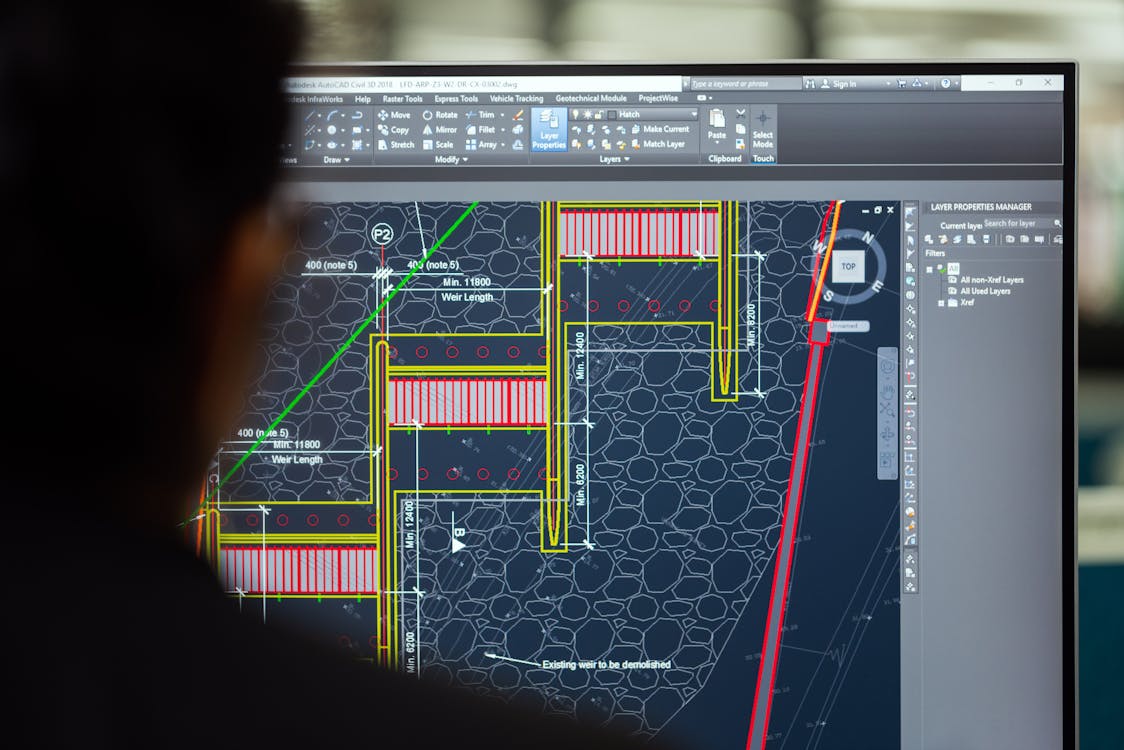As the technology landscape continues to evolve, the demand for specialized skills in software development has given rise to the pivotal role of a software development contractor. In this article, we delve into the unique challenges and opportunities faced by software development contractors and explore strategies for success in this dynamic and ever-changing industry.
Choosing the Right Tools for a Contractor Software Engineer:
The selection of tools is fundamental for a contractor software engineer aiming to excel in their role. Cutting-edge technologies, programming languages, and frameworks are the building blocks of efficient solutions. It’s imperative to stay abreast of the latest advancements, ensuring that your toolkit is not only comprehensive but also aligned with the ever-changing demands of the industry. The right tools not only streamline your workflow but also lay the foundation for robust and scalable software architectures.
To excel in your role as a contractor software engineer, selecting the appropriate tools is crucial. Utilizing cutting-edge technologies and staying updated on the latest advancements ensures that you deliver high-quality solutions. As a contractor software engineer, your toolkit is the cornerstone of your success, and it’s where architects design the framework for efficient and innovative solutions.
Adapting to Diverse Project Requirements
In the world of contract software engineering, adaptability is a prized skill. Each project brings its own set of challenges and requirements, demanding a flexible approach. Successful contractors embrace a diverse range of programming languages and frameworks, tailoring their skills to suit the unique needs of each client. This adaptability is akin to being an architectural chameleon, customizing the blueprint for each project to ensure a seamless fit with the client’s vision and goals.

ThisIsEngineering
Mastering Success as a Software Development Contractor
The Versatility of a Software Development Contractor:
A software development contractor stands at the intersection of expertise and adaptability. As a software development contractor, your ability to navigate various projects and industries showcases the versatility that clients seek in today’s competitive market.
The Agile Advantage for Software Development Contractors:
Agile methodologies have become the cornerstone of modern software development, and as a software development contractor, embracing agile practices is not just an option but a necessity. The agility to pivot quickly, respond to changing project requirements, and deliver iterative solutions sets software development contractors apart.
Building a Strong Reputation as a Software Development Contractor:
Reputation is everything in the world of software development contracting. Clients seek contractors with a proven track record of delivering high-quality solutions on time and within budget. As a software development contractor, consistently exceeding client expectations contributes to building a strong and reputable professional brand.
The Collaborative Nature of Software Development Contractors:
Collaboration is key in software development, and contractors thrive in environments that prioritize effective teamwork. A software development contractor’s ability to seamlessly integrate into existing teams, communicate clearly, and contribute to the collective success of a project is a testament to their collaborative spirit.
Strategic Networking for Software Development Contractors:
Networking is an invaluable asset for any professional, and for software development contractors, it opens doors to new opportunities. Actively engaging with industry peers, attending conferences, and participating in online communities are essential practices for a software development contractor looking to expand their network.
Adapting Technologies: A Core Competency for Software Development Contractors:
In the fast-paced world of software development, technologies evolve rapidly. A successful software development contractor is one who continuously adapts to the latest tools, languages, and frameworks. This adaptability ensures that a software development contractor remains at the forefront of industry trends and can deliver solutions that leverage the latest advancements.
Time Management Strategies for Software Development Contractors:
Time management is a critical skill for a software development contractor. Balancing multiple projects, meeting deadlines, and maintaining a high standard of work require effective time management. Software development contractors who master this skill can enhance their productivity and reputation in the industry.
The role of a software development contractor is multifaceted, requiring a unique blend of skills and adaptability. The versatility, agility, collaborative nature, reputation-building, strategic networking, technology adaptation, and time management strategies discussed in this article are pivotal for the success of a software development contractor in today’s dynamic landscape. By embodying these qualities, software development contractors can navigate the challenges of their profession and emerge as sought-after experts in the ever-evolving world of software development.
As a contractor software engineer, navigating the dynamic landscape of technology and meeting client expectations require a strategic approach. In this article, we will explore key strategies to enhance your efficiency and productivity in the ever-evolving field of software engineering, where architects design solutions.
